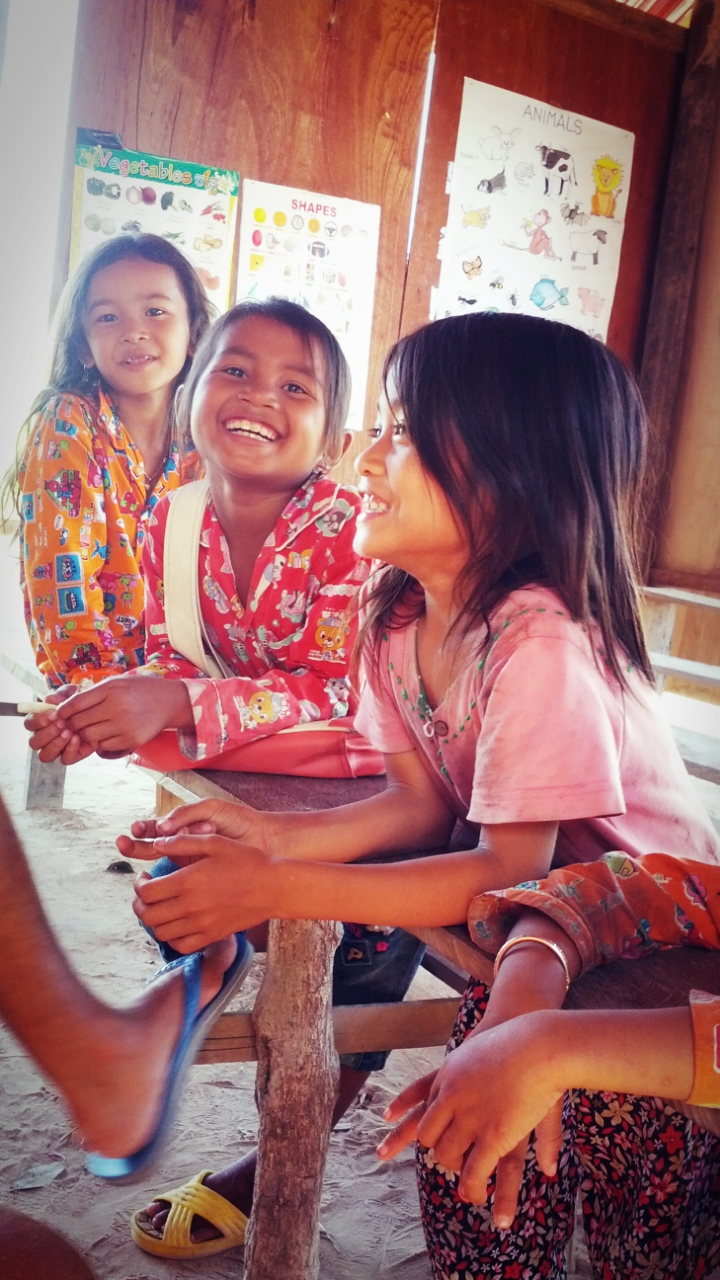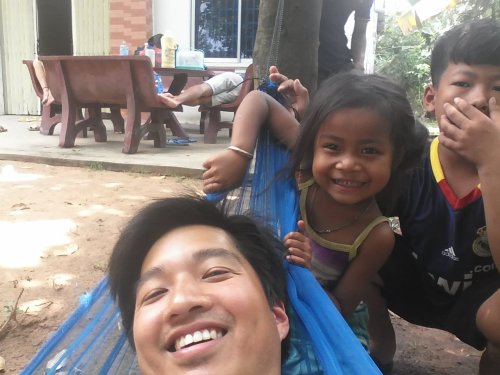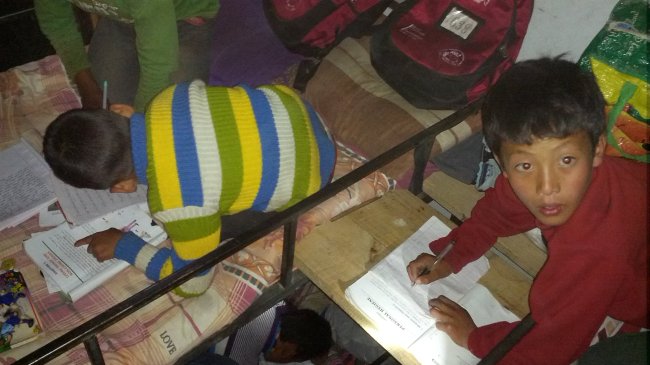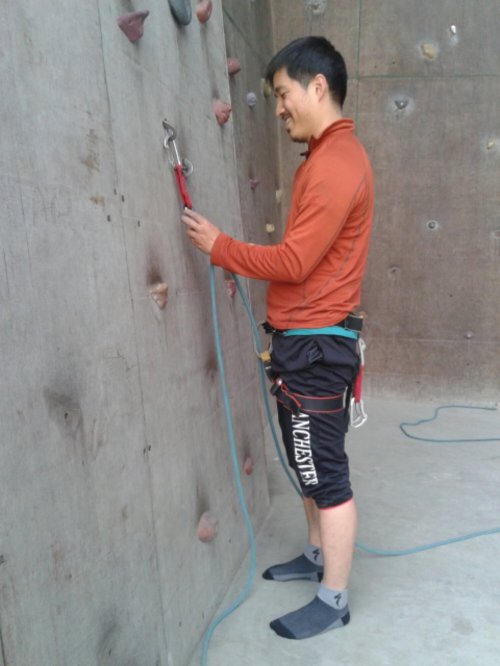Finding volunteer work
Several people have asked me how to find volunteer work while traveling. In selecting an organization, legitimacy is the first criterion, as not all are legitimate.
I worked in Nepal for NEIO. I had gotten to know the founder back in San Francisco and the focus was on quality (helping one school) and not quantity (becoming a big organization). NEIO is not without its share of shortcomings, but is at least legitimate.
In Cambodia, I joined CESHE by finding them on Workaway. The key utility of this site is the reviews. Many past volunteers positively reviewed CESHE over a long period of time. Sketchy organizations would not hold up to such scrutiny. (Well unless it’s all a premeditated scam.. When you start volunteering you could start getting cautious and almost paranoid, but that’s a rant for another day…)
Relying on social advice, you’ll be on a well-worn track, but at least you’ll have a degree of quality control. You’ll gain a constructive experience.
You may start discovering a lot of imperfections amidst the good work. With luck, you’ll learn to juggle them and move forward.
And a last point about what I got out of the experiences so far:
I’ve liked how I was in the position to push change as far as I wanted to take it. Compared to other enterprises that I’ve officially engaged in (startup company and graduate researcher), the intensity of independent learning and action was greater when volunteering. The weight of responsibility and failure was greater. The immediacy of lives affected by my actions was greater. And I won’t even mention the emotional toll. I was in positions to enforce positive change as I saw fit. It’s something that will indelibly shape my career decisions in the future.
Hope that helps!










